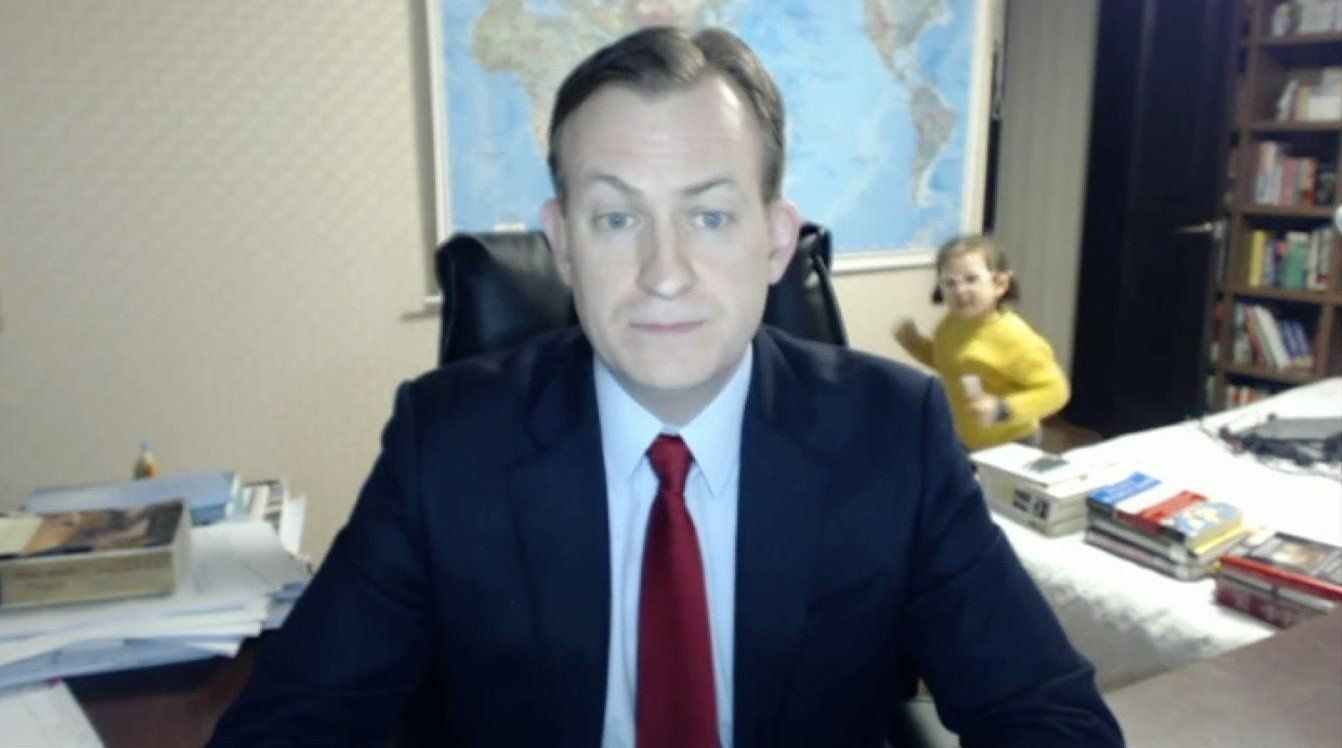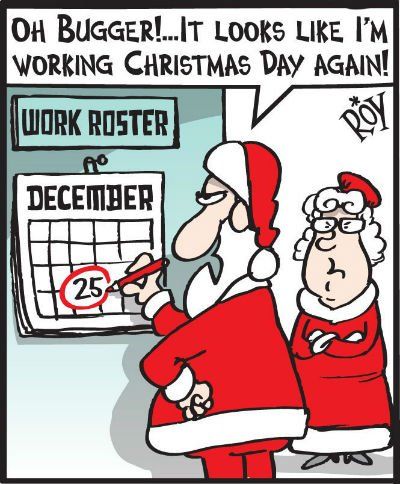Dealing with Criticism
Jose Cofone • Jan 30, 2020
Criticism is never an easy thing to take but accepted in the right manner can be a tool for personal growth.
Whether it’s during an appraisal, a quiet word from a colleague or manager or a client, receiving criticism can be hard to take, but its not always meant in a negative way.
Whilst your pride might be initially hurt, it is best to take this negative feedback gracefully and professionally. To help with this, here is a guide on how to take criticism at work.
1 – Breathe
Before you react, try to take some time to process what’s is being said to you – something as simple as a disappointed facial expression, defensive remark, or shoulder shrug could ruin the conversation before it’s even started.
Instead, try to take a second to stop your immediate reaction and remind yourself to stay calm and focused. That way, you’ll minimise distractions and make yourself available to listen to and understand feedback – whilst maintaining a good level of professionalism.
Remember that whilst your immediate reaction might be to express anger, disappointment, or defensiveness – none of these things will allow you to actually learn and improve.
2 - Don’t take it personally
It can be easy to lose sight of what’s important and what is happening when you feel that you are being criticised, but it’s vital that you take on feedback in the context it’s given. This means taking some time to focus on what’s being said, rather than who’s saying it or why.
Sometimes you can be caught up by who is saying it, or in the tone of the conversation, or you’re simply taking every word to heart – there are a variety of factors that could distract you from the key message.
So, be objective – it might actually help improve your work.
3 – Is it really criticism?
The way you do something may have worked for years and produced the result that you are seeking, but does that necessarily mean that it’s the best or most effective way of doing things? Methods change, technology improves, people learn new ways of doing things, maybe this is your chance to grow.
Listen and take the advice and information on board.
4 - Understand its purpose
Receiving criticism can be tough; but it’s not always meant in a bad way.
As long as it’s given fairly and constructively, getting feedback on your performance is essential to your improvement and self-development. It allows you to understand your weaknesses and thus helps you to pinpoint areas for improvement.
So rather than feeling that you are being criticised just to make you feel bad, remember that it’s for your own good. You just have to use it to your advantage.
5 – Attitude
Make sure you’re taking criticism in the right way – if you show that you are both grateful for the feedback and eager to use it to improve you will paint yourself in a better image to the person telling you.
The ability to grow and adapt is one that bosses are always looking for when promoting staff, opportunities to get better at your job are always something you should take (especially if you’re looking for a promotion).
You’ll never be able to put criticism to good use if you’ve got a bad attitude.
6 – The right frame of mind
Do you take it as criticism or feedback?
The dictionary defines criticism as: “the expression of disapproval of someone or something on the basis of perceived faults or mistakes.”
Feedback is defined as: “information about reactions to a product, a person's performance of a task, etc. which is used as a basis for improvement.”
It is easier to accept criticism as feedback rather than a negative reflection of you or your work, so just think of it in this way.
7 – Think about the other person
Its not nice to have to tell someone that they are not good at something especially if you have been working together for a while, but sometimes they are just trying to point out that there is a different way to do things.
Try to see it from the other persons side, they are not always the bad guy.
8 – Ask questions
You may not initially agree with the criticism you receive but that’s OK as long as you handle it professionally.
The best way is to ask questions. If it’s about a specific occurrence, asking for specific times when these happened is a great way to pinpoint exactly where you’re going wrong. If it’s about an aspect of how you do your job, ask how they see it being resolved or improved.
With more information, you’ll be able to better understand the source of the criticism, be able to share your views and build on ways to resolve this and move forwards.
Remember you might not realise there’s a problem or better way to do something until it’s explained clearly.
9 – Acknowledge and say thank you
Why should I thank someone for pointing out my flaws? Its just as difficult to share criticism as it is to hear it, the person giving it to you is generally doing it for your benefit. They could easily brush it off and move on, or say you are not right for the job and hand you your notice, but they’d rather take the time to help you improve.
You don’t need to agree with the criticism completely – just acknowledge that they’ve made the effort to evaluate your performance and share their thoughts with you.
10 - Learn from your mistakes
Once you’ve received and processed criticism, it’s time to put it to good use. This means coming up with an action plan to improve your performance and solve any problems you might be having.
If your boss is the one delivering the criticism, it’s likely that they’ve already considered how you could improve – so may have already put together a plan for you to follow. If so, make sure you agree with and understand it beforehand.
Then, actually implement it.
11 – What are the real reasons behind it?
Although most criticism will usually be given constructively, this isn’t always the case.
If you feel like a colleague or manager is singling you out, criticising you unfairly, or abusing their power, resist the temptation to retaliate.
Instead, stay calm and professional, document any and all occurrences and bring any concerns you may have to the attention of your HR team.
In conclusion, criticism is never an easy thing to take but accepted in the right manner can be a tool for personal growth and improvement and may actually make your job easier.








